Whether we are playing our part on the green agenda or maximising the social value opportunities that this programme brings – The Transpennine Route Upgrade is proud to take collective responsibility to make sure we maximise this opportunity to leave a lasting legacy in the North of England.
By transforming communities along the route – and beyond – we aim to unlock significant economic, social and environmental benefits.
To ensure our approach is robust, TRU will design, build and operate a railway sustainably, delivering a final asset that provides more frequent, faster, greener trains, running on a better, cleaner and more reliable railway. Delivering ongoing sustainability benefits for generations to come.
To achieve these goals, we’ve outlined our sustainable development strategy up to 2035. Some of this work has already started, but this outlines our journey to a better, more sustainable future. It’s called Our Guiding Compass.

TRU will accelerate change by creating jobs for the North, working with our communities to build and operate a local railway that enhances the environment and satisfies customers' needs. Our Guiding Compass is made up of four strategic pillars which help guide sustainable development for TRU and ensure we maximise the opportunities to deliver for our customers and communities.
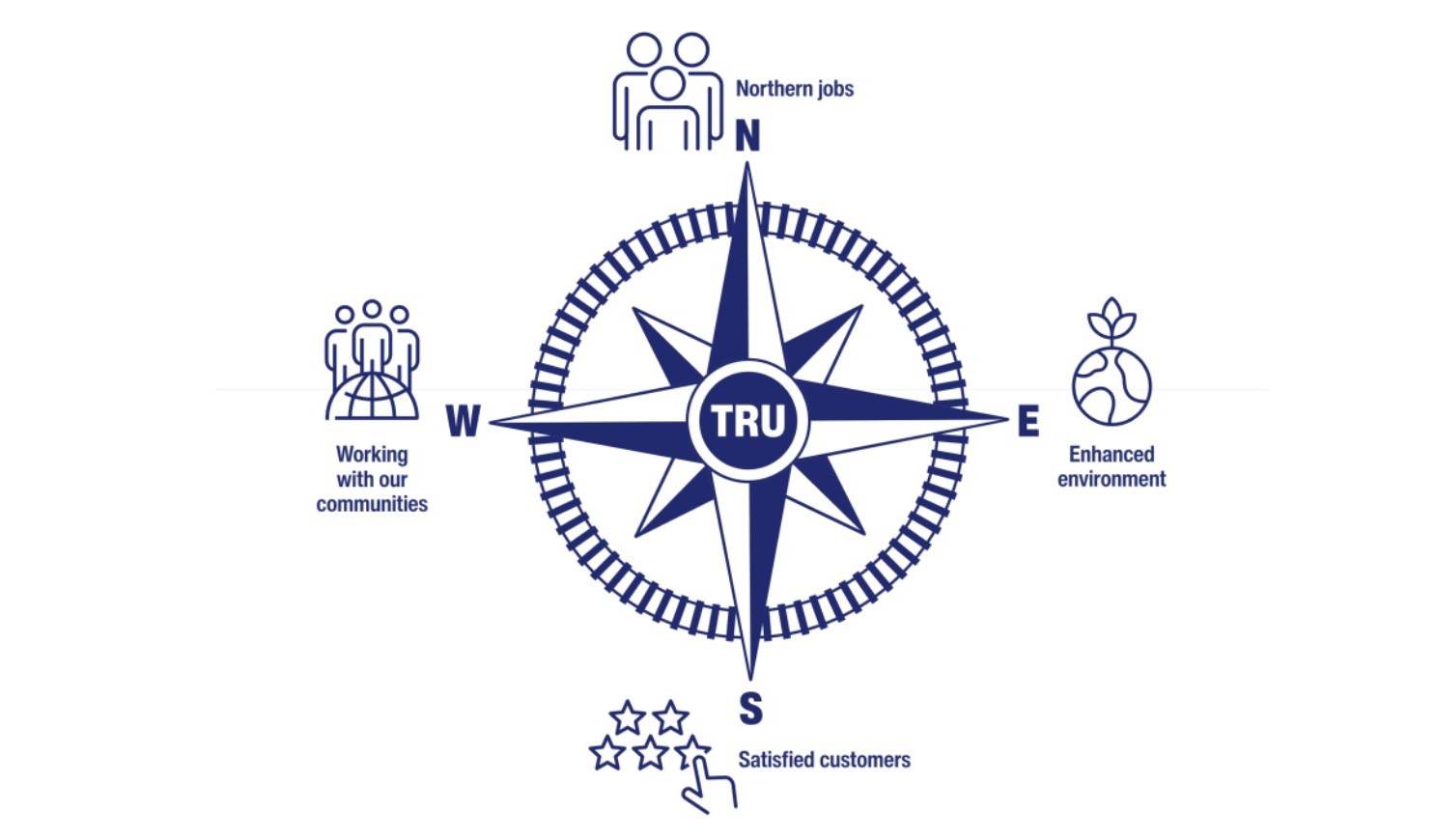
|
●
|
The four pillars of Our Guiding Compass have been carefully selected to help realise two key overarching objectives across the programme: |
||
| ● | Deliver a minimum 50p value to society for every £1 spent on construction on the TRU programme | ||
| ● | Achieve BREEAM* Infrastructure V6 Whole Project Award ‘Excellent’ rating | ||
| *Building Research Establishment Environmental Assessment Method – the world’s leading science-based suite of validation and certification systems for sustainable built environment. | |||
Our Guiding Compass sets an ambitious approach to embed sustainability in how we design, build and operate this new railway. But it will only be possible if our people, our communities and our stakeholders combine to become a force capable of delivering the change we all want to see.
We all have a vital part to play to build a more sustainable, world-leading TRU.
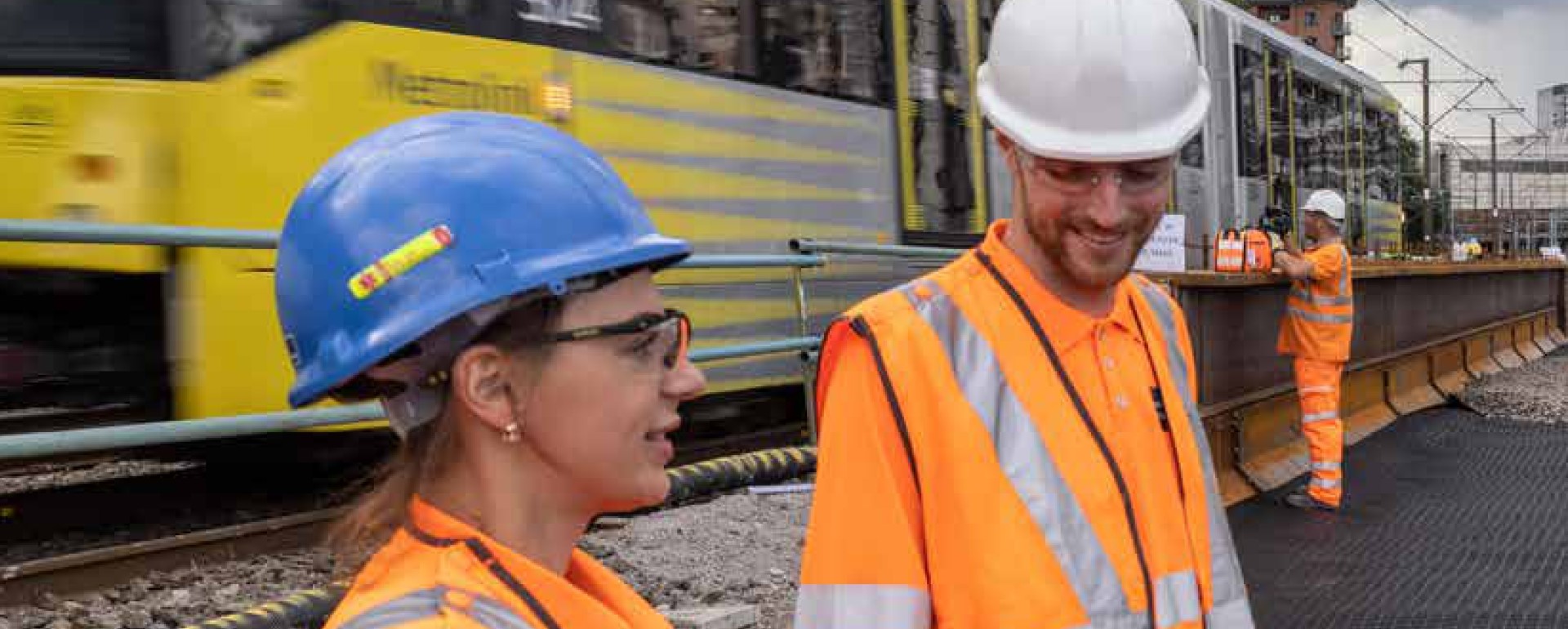
TRU is here to help the North prosper. Faster, more frequent services can deliver better connectivity and fuel regional job creation. TRU will also work with local businesses of all sizes to deliver a legacy of economic growth in the region.
The construction and operation of TRU will create a wealth of employment and businesses opportunities along the Transpennine corridor – encouraging new entrants into the rail industry through work experience and apprenticeships – while also ensuring our team reflect the rich diversity of the communities we serve.
TRU took part in National Apprenticeship Week 2024, where we announced that we were already close to reaching the halfway mark of our ambitious aim to take on 590 apprentices across the rail upgrade between Manchester and York, via Leeds and Huddersfield.
The number of apprentices on the multi-billion-pound programme had reached 264, primarily recruited from locations along the route and amounting to £14.3 million in value to society, according to the Rail Social Value Tool.
Find out more about our commitment to apprentices here.
|
●
|
BY 2035 WE AIM TO: |
●
|
|
| ● | Support over 8,000 roles. Creating 4,000 new opportunities and safeguarding 4,000 jobs during construction – with 20% of new roles filled by underrepresented groups to create a diverse team that reflects the communities in which we work. | ||
| ● | Employ 590 apprentices of all ages, levels and backgrounds. | ||
| ● | Deliver over 30,000 placement days to support new entrants joining the industry, pre-employment, transitioning and upskilling of which a minimum of 20% will be from underrepresented groups. | ||
| ● | Make sure 60% of the project workforce are employed from within 25 miles of the route and 80% within 40 miles. | ||
| ● | Ensure a minimum of 25% of our project supply chain spend will be with local businesses within 25 miles of the route. | ||
| ● | Place a minimum of 33% of our project supply chain spend with small to medium sized enterprises, micro businesses and voluntary sector organisations. | ||
| ● | Have 100% compliance with our Fair and Ethical Work Charter. | ||
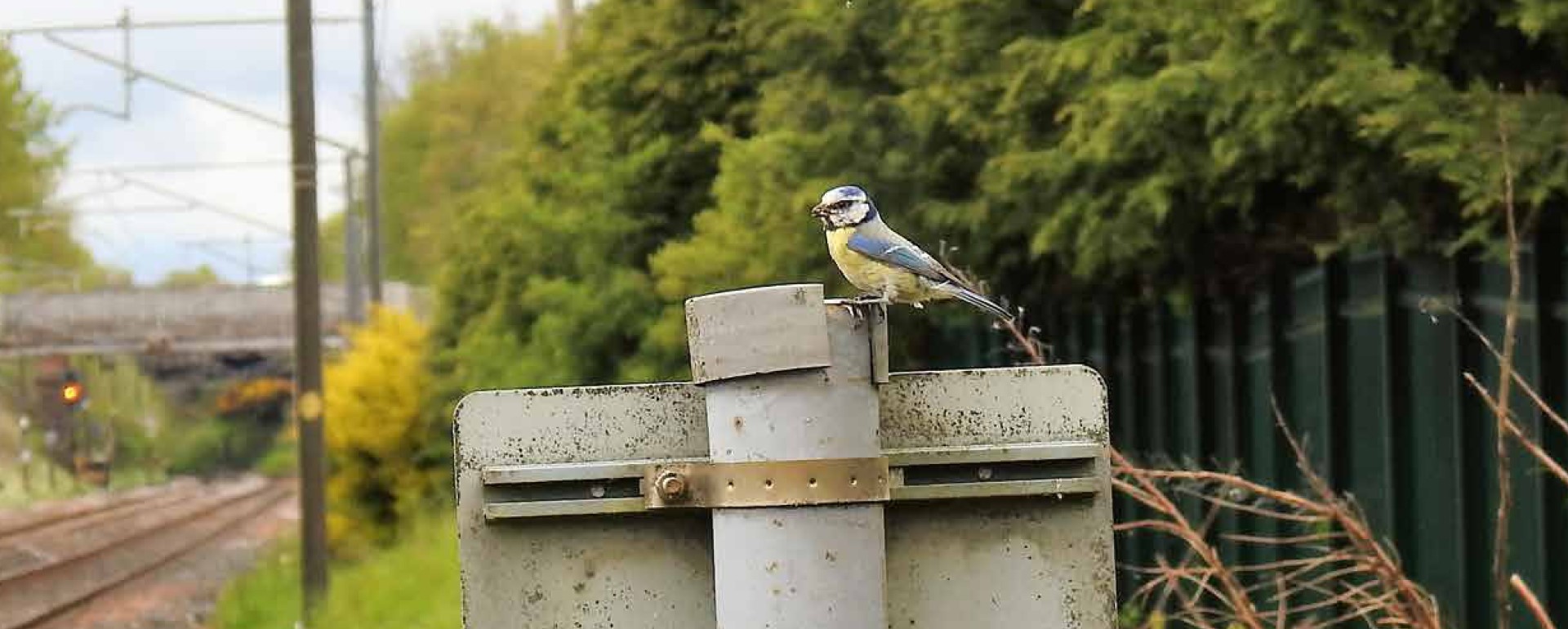
We take our environmental impact seriously. TRU will act as a custodian for the natural environment through design, delivery and operation to deliver a fully electrified route, running more electric powered trains and in doing so, significantly reducing diesel fuel being consumed, which will reduce our carbon and air quality impacts.
TRU will also reduce carbon from the infrastructure, adopt circular economy principals and support sustainable sourcing – Minimising pollution while looking at renewable energy and biodiversity opportunities on – or near – the line every step along the way.
|
●
|
BY 2035 WE AIM TO: |
●
|
|
| ● | Reduce the carbon used to operate the railway by 230,000 tonnes of CO2e – leading to a total saving of 6 million tonnes of CO2e over a 60-year period after work is complete. | ||
| ● | Deliver and manage a minimum 10% net gain of biodiversity. | ||
| ● | Reduce the carbon impact of construction by up to 30%. | ||
| ● | Reuse/recycle 90% of construction waste and 70% of operational waste and 99% of all non-hazardous materials diverted from landfill. | ||
| ● | Embrace the principles of circular economy, including piloting initiatives. | ||
| ● | Improve air quality, including a reduction in particulate matter, through the delivery of a fully electrified route and encouraging modal shift. | ||
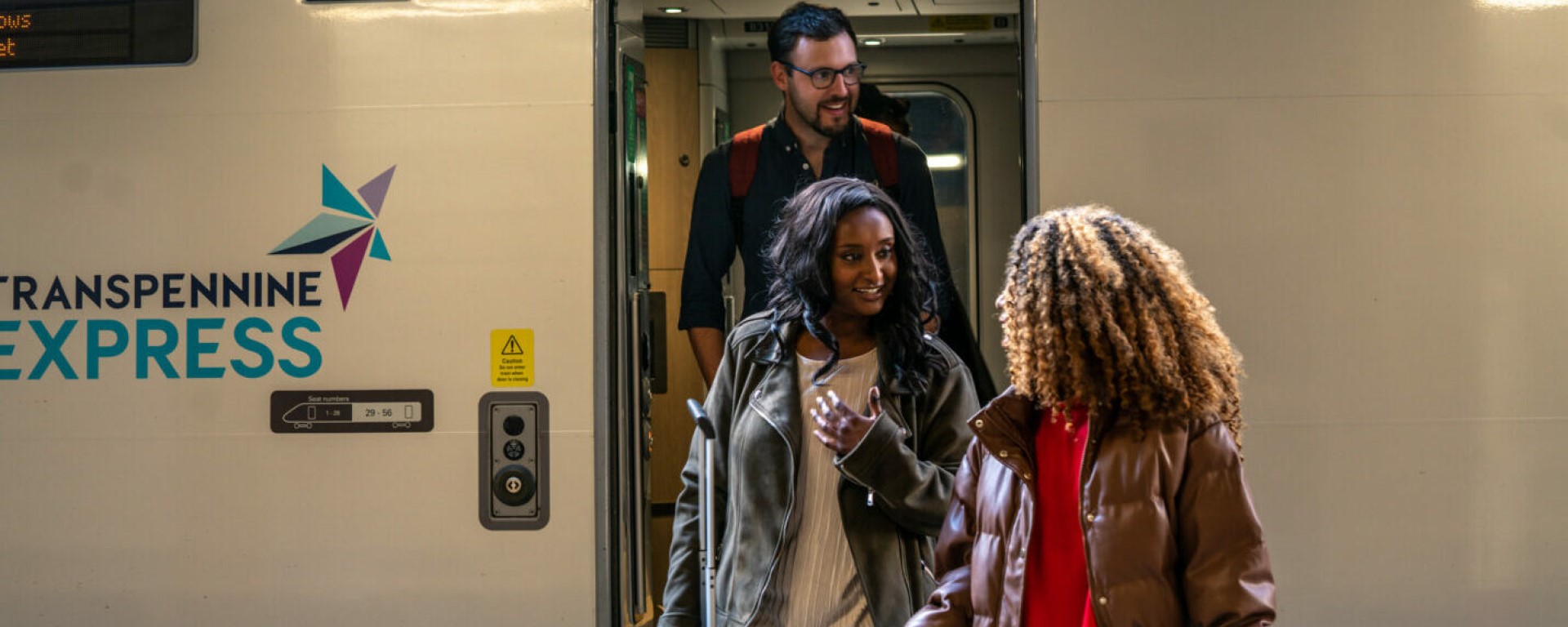
The customer always comes first. TRU will deliver more frequent trains, on a more resilient railway, that is fit for current weather conditions and future climate change impacts.
Providing safe, reliable and accessible travel for both freight and passengers to ensure the railway that can be used and enjoyed by all.
|
●
|
BY 2035 WE AIM TO: |
●
|
|
| ● | Provide step-free access to a minimum 99% of the customers using the route. | ||
| ● | Reduce unplanned disruption caused by adverse weather. | ||
| ● | Improve our customer satisfaction. | ||
| ● | Enhance accessibility to improve customer experience. | ||
| ● | Offer more connectivity and sustainable travel options for customers on the First and Last Mile. | ||
| ● | Improve safety and security of the railway along the route and around stations. | ||
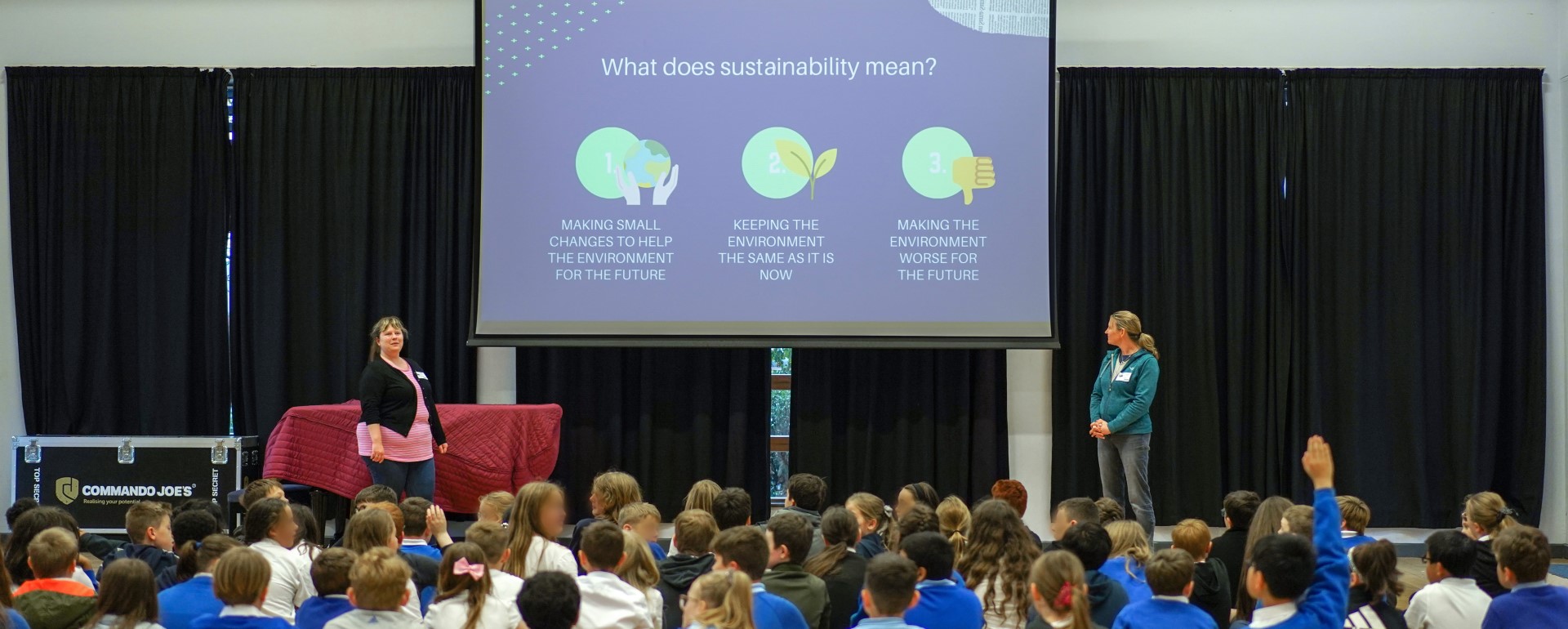
TRU is committed to improving the lives of those living in the communities we are working in.
TRU will keep our communities safe, minimise disruption and invest in wellbeing, education and community spaces to leave a net positive impact on society.
|
●
|
BY 2035 WE AIM TO: |
●
|
|
| ● | Add 25,000 volunteering hours to the community to develop job skills and shape public spaces alongside the communities that use them. | ||
| ● | Engage with over 100,000 young people through our inclusive education programme. | ||
| ● | Use TRU as a catalyst for regeneration by enhancing and protecting community “spaces and places” along the route, including protecting our heritage assets. | ||
| ● | Reduce lineside neighbour complaints during construction, including mitigating any negative visual impacts where we can across the programme. | ||
| ● | Reduce noise at stations along the route moving from diesel to electric powered trains. | ||

TRU is embracing new methods to measure the impact of social value by using cutting edge, innovative tools to calculate the impact of our sustainable development activities and the impact of the delivery of the programme into a monetary value. This means TRU can measure the carbon reduced in operation and estimate how much society is benefiting due to cleaner air, reduce costs to government, business, or communities in dealing with pollution and climate change.
TRU is pioneering the use of a new tool to measure the social value created by our sustainable development approach by using the Network Rail’s Rail Social Value Tool (RSVT) to capture our activities across a range of social impacts.
This online tool has been developed specifically for the rail industry in the UK, in line with HM Treasury Green Book Principles, to conduct valuations of the social value generated for individuals and society.
By applying our TRU sustainable development targets to the new Rail Social Value Tool, we estimate the contributions of our work in delivering Our Guiding Compass will deliver up to £4.28bn in social value. This would be above and beyond the benefits of increased capacity and line speed improvement.
This value generated consists of social and economic benefits generated by actions instructing the design and construction through delivering this strategy.
|
●
|
How are we delivering £4.28bn in social value? |
●
|
|
| ● | Up to £715m from buying goods and services from local business within a 25-mile radius. | ||
| ● | Up to £1.6bn from creating and safeguarding jobs and employing local people. | ||
| ● | Up to £29m through employing apprentices. | ||
| ● | Up to £338m through engaging students in inclusive education and routes into rail. | ||
| ● | Up to £1.5bn through reducing operational carbon by electrifying the route and shifting away from cars on the road. | ||
Major programmes like TRU have hugely profound impacts on people’s wellbeing. Commutes impact our disposable income, our free time with family and friends, our levels of stress and so much more.
To measure this, TRU has also undertaken a new, cutting edge economic assessment called a ‘WELLBY Assessment’ in order to understand what we are delivering is improving the lives of our communities.
This WELLBY Assessment was made to calculate the potential value of the wellbeing improvements in delivering TRU in addition to TRU’s wider economic impact assessments.
|
●
|
How we can contribute towards an estimated £4.8bn in wellbeing impacts? |
●
|
|
| ● | £2.8bn as better connectivity improves job satisfaction when people can access better employment opportunities | ||
| ● | The programme is anticipated to generate greater satisfaction with neighbourhoods, as better access to tourism and less noise will generate £893m in value | ||
| ● | New access to better active travel is expected to generate £156m in value | ||
| ● | £636m through reduced air pollution | ||
| ● | £309m in value through the shift in travel away from cars towards more environmentally friendly options | ||